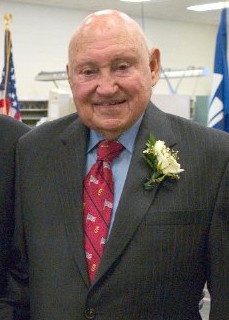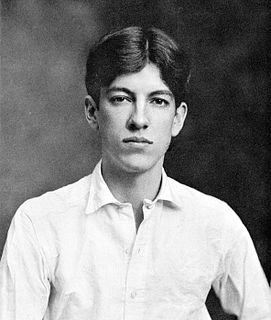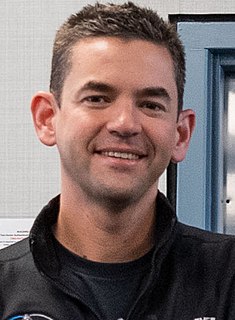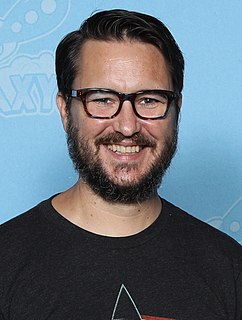A Quote by Christopher Hitchens
Talking, it seemed to me, was the point of adult existence.
Related Quotes
But if I did read, say, [Maurice] Merleau-Ponty, for instance, it always seemed to me that the parts that I understood in what he was talking about - and I read him because - well, he wrote a book, well, the Phenomenology of Perception [New York: Humanities Press, 1962]. And it seemed to me that perception had a lot do with how we take in art.
Back in the autumn I had awakened to a growing darkness and cacophony, as if something in the depths were crying out. A whole chorus of voices. Orphaned voices. They seemed to speak for all the unlived parts of me, and they came with a force and dazzle that I couldn't contain. They seemed to explode the boundaries of my existence. I know now that they were the clamor of a new self struggling to be born.


































